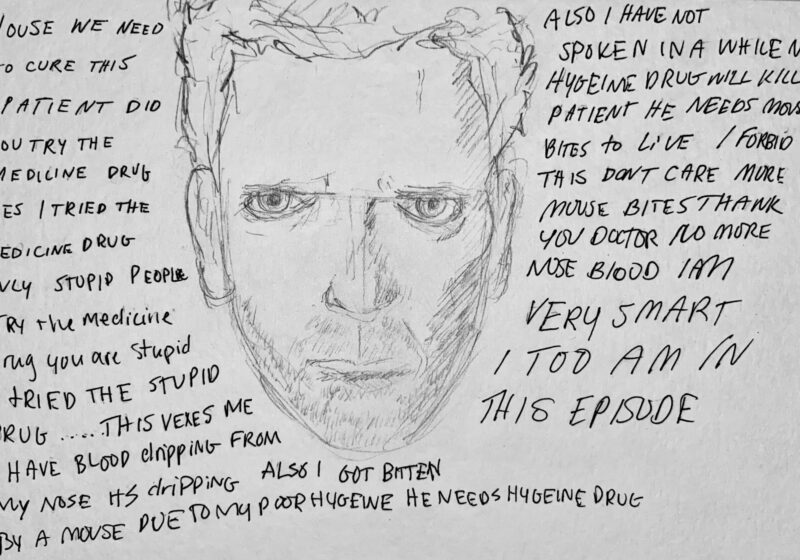Every morning when I get up, I look in the mirror and I usually don?t like what I see.
For a while now, I have been a soldier in the battle of the bulge and these morning inspections make me realize that more often than not, I?m losing this fight.
I could turn on the TV and inevitably find one of a million different infomercials encouraging me to buy some new-fangled exercise machine that guarantees me a trimmer, leaner, more attractive body. But I know that if I spent the money, the machine would just sit in a corner collecting dust.
So instead, I go to the fitness center and feel the burn. It has worked and has turned what seemed like a losing effort into a glorious victory.
But there is another aspect to the planned conquest of my weight problem that is harder to make work, and that is my diet.
For most college students, ?diet? is a foreign word because most food we eat is full of fat, deep fried and greasy. This is not surprising because our country is a fast food nation and has been since the 1950s.
We have changed what we eat from home-cooked meals with vegetables, starches like potatoes or pasta and meats to microwaved meat on smushed buns and salted fries with a chemical additive that makes them taste like they have been cooked in animal lard. Fast food has become as much of an American tradition as baseball or mom?s apple pie, and this has had a detrimental effect on everyone.
Roughly 97 million adults in this country are overweight or obese. That is 55 percent of Americans over 20 years old. Collectively, Americans spend almost $33 million a year on diet industry products, but most people who attempt to diet are doomed to failure because they do not follow the recommended plan of eating less calories and increasing their exercise level.
But can you blame them? Have you gone into the supermarket recently and looked at the prices of healthy food?
Invariably the healthy food, which is lower in fat, made from more natural ingredients and assured to make you feel better after you eat it, is priced higher than the processed, preservative-filled, chemically enhanced products that cause us to get fatter and fatter.
Even ARAMARK, UR?s food provider, is guilty of this price discrepancy. Take a Greek salad for instance. It costs $4.05 in the Pit, whereas a meatball sub costs $3.00.
I have been thinking about reasons behind this for some time now and have come up with some ideas.
The most viable reason that I can think of for why unhealthy food products are less expensive is because for some reason foods filled with chemicals are cheaper to produce than those that are made naturally.
Another reason is that consumers are conditioned to want perfect food that looks appetizing and can be bought at a lower price, and thus that is what we get, even if it isn?t good for us.
Although these are educated guesses as to why healthy food is more expensive, the fact is that it just doesn?t make sense.
This country needs to seriously examine how and why we are getting so fat. We need to ask why healthy food is more expensive and not back down until we get an answer that satisfies us.
But most importantly, we need to aggressively reclaim our diets from the deep fryer if we want to stay healthy, and it?s the food provider?s responsibility to help us out.





